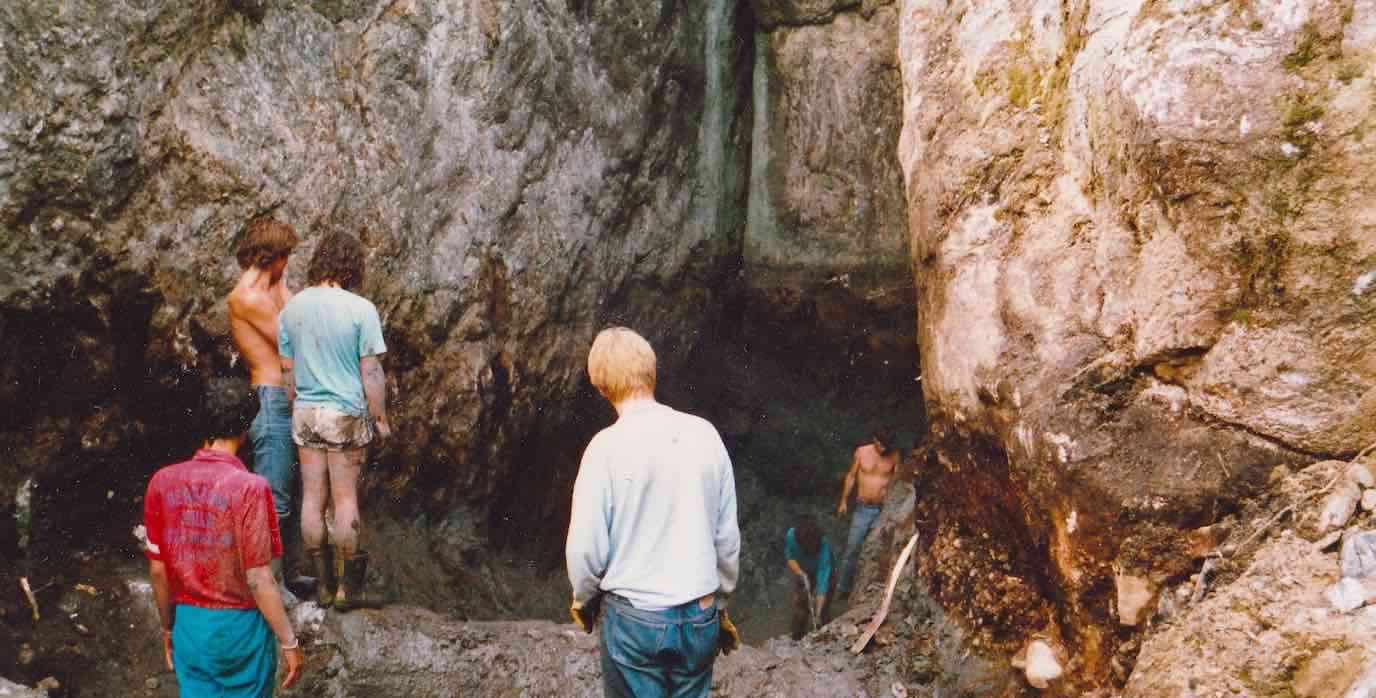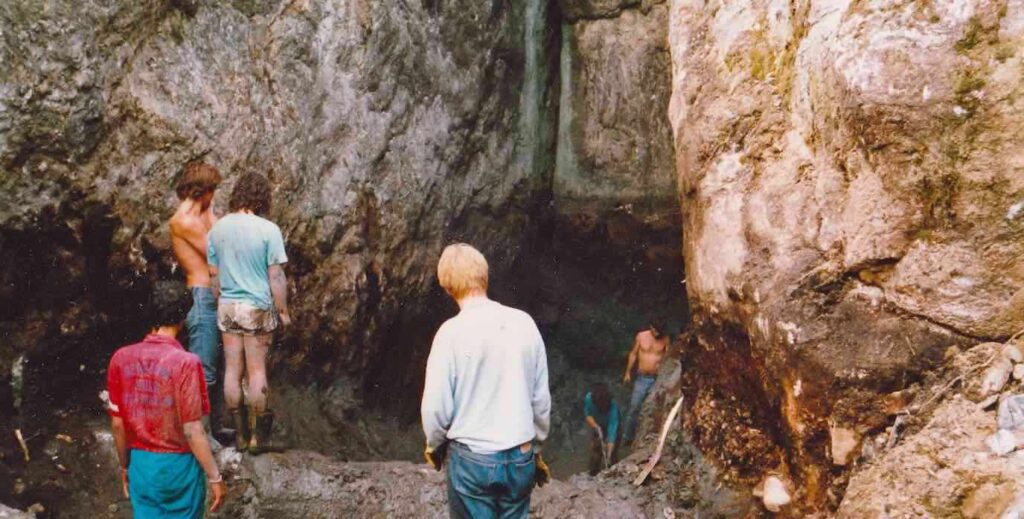
A team of treasure hunters are “on the brink” of unearthing the Lemminkäinen Hoard—a hidden stash of gold, jewels, and ancient artefacts thought to be worth up to £15 billion ($20.4 billion).
The hoard would represent the largest and most valuable trove ever discovered and is believed to contain over 50,000 gemstones including rubies, sapphires, emeralds, and diamonds, and at least 1,000 artefacts dating back thousands of years.
It is thought to include several 18-carat gold life-size statues in human form, supposedly all lying within the massive Sibbosberg cave system 20 miles east of Finland’s capital of Helsinki.
The hoard, said to be entombed in an underground temple in Sipoo, has remained elusive for three decades despite countless official explorations and the efforts of more than 100 professional prospectors from across the world.
But now, after 34 years and more than 100,000 hours of painstaking excavation, a group of 12 ‘penniless’ friends believe they are only meters away from the treasure, and expect to get into the cave next summer.
The pals, dubbed the ‘Temple Twelve’, began searching in 1987 and have dedicated their summers to finding the treasure ever since, dedicating six hours a day, seven days a week, to digging through the labyrinthine cave complex near Helsinki.
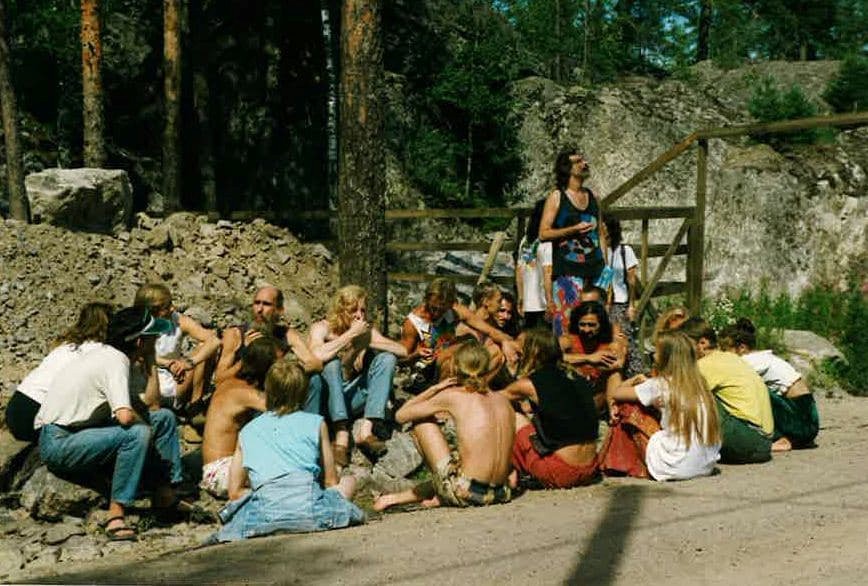
Made up of members from Finland, Sweden, Norway, the Netherlands, Australia, Russia, America, and Germany, the team is a truly international group with zero archaeological experience.
LOOK: Diver Finds 900-Year-old Sword Wielded in the Crusades Off the Coast of Ancient Israeli Town (LOOK)
Historian and author Carl Borgen, the world’s leading authority on the Lemminkäinen Hoard, has chronicled the lives of the Temple Twelve and their bounty in his book Temporarily Insane.
Speaking from his home in Amsterdam, he said, “I understand that significant progress at the temple has been made and that the crew are feeling especially excited about the months ahead.
“There is now talk in the camp of being on the brink of a major breakthrough, which in real terms could be the discovery of the world’s largest and most valuable treasure trove.
“So far, the Temple Twelve, as they have become known, have been able to remove several huge square granite rocks blocking the entrance to the cave, and have cleared the cave of hundreds of tonnes of smaller rocks and sediment.”
The treasure’s alleged existence first emerged in 1984, when local landowner Ior Bock claimed that his family were direct descendants of Lemminkäinen, a prominent figure in Finnish pagan mythology.
According to Bock, who was murdered by a personal assistant in 2010, the chamber on his large estate was sealed up with huge stone slabs in the 10th century to protect the treasures within from invading Swedish and Swiss armies.

His family had been keepers of the secret and ‘guardians of the cave’ since then, prompting Bock to reveal the temple’s existence to ensure its untold story would not die with him, beginning the ‘Bock Saga’.
MORE: A Lost Sunken City of Gold and Jewels Found in the Mud of Indonesian River
The original team of 24 “like-minded strangers”—12 men and 12 women—joined forces with Bock in 1987 to become the site’s first and only permanent, self-funded excavation team.
Remarkably, 34 years after excavations first commenced, two of the original 24 remain despite at least half of the group having died or retired.
No hard evidence of the hoard has yet been found, but the Temple Twelve believe they have the tenacity to locate and remove the giant granite slabs from the temple door.
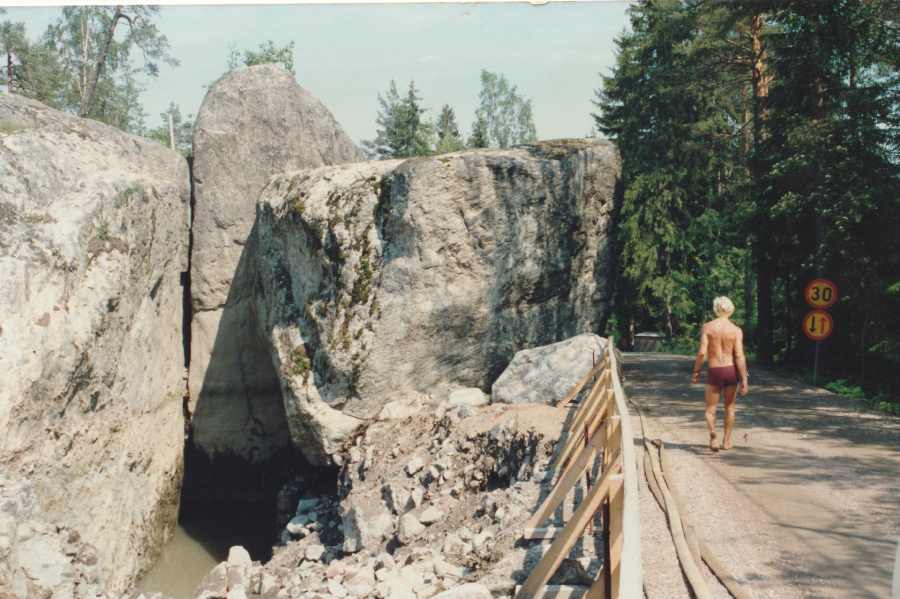
Using rudimentary tools including spades and buckets, the group has so far removed several four-tonne blocks from the cave’s entrance and have excavated around 400 tonnes of sediment below it.
The remaining sediment, and the granite slabs covering the temple door, could be removed within a matter of months thanks to a recent ‘donation’ of dynamite, they say.
CHECK OUT: Almost 500 New Mesoamerican Structures Discovered By Using Lasers
Finnish weather means the digging season is confined to the summer months before the cave starts filling with freezing rainwater.
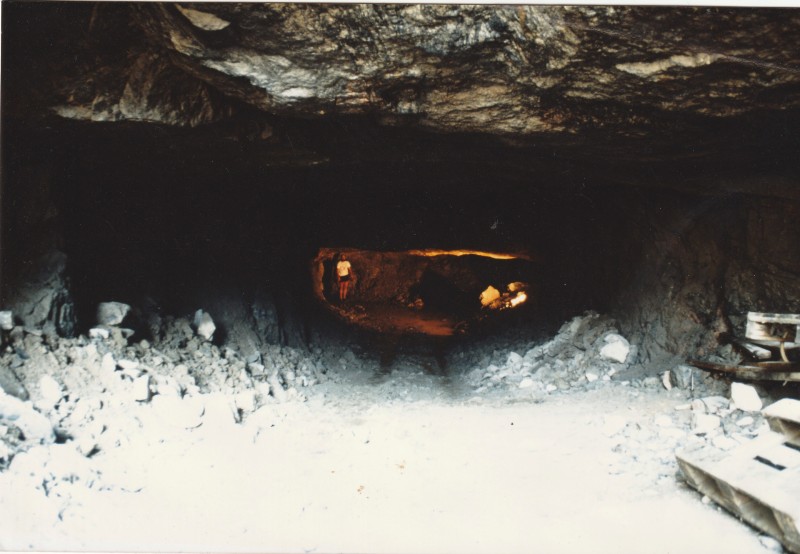
The group has to pump out more than 1.5million litres of water annually at the start of every season.
When digging resumes next year, the team is confident they will get into the cave entrance between May and September. We’ll keep you posted on what they find.
COULD You Dedicate Your Life to a Saga Like This? Share This Story…




















